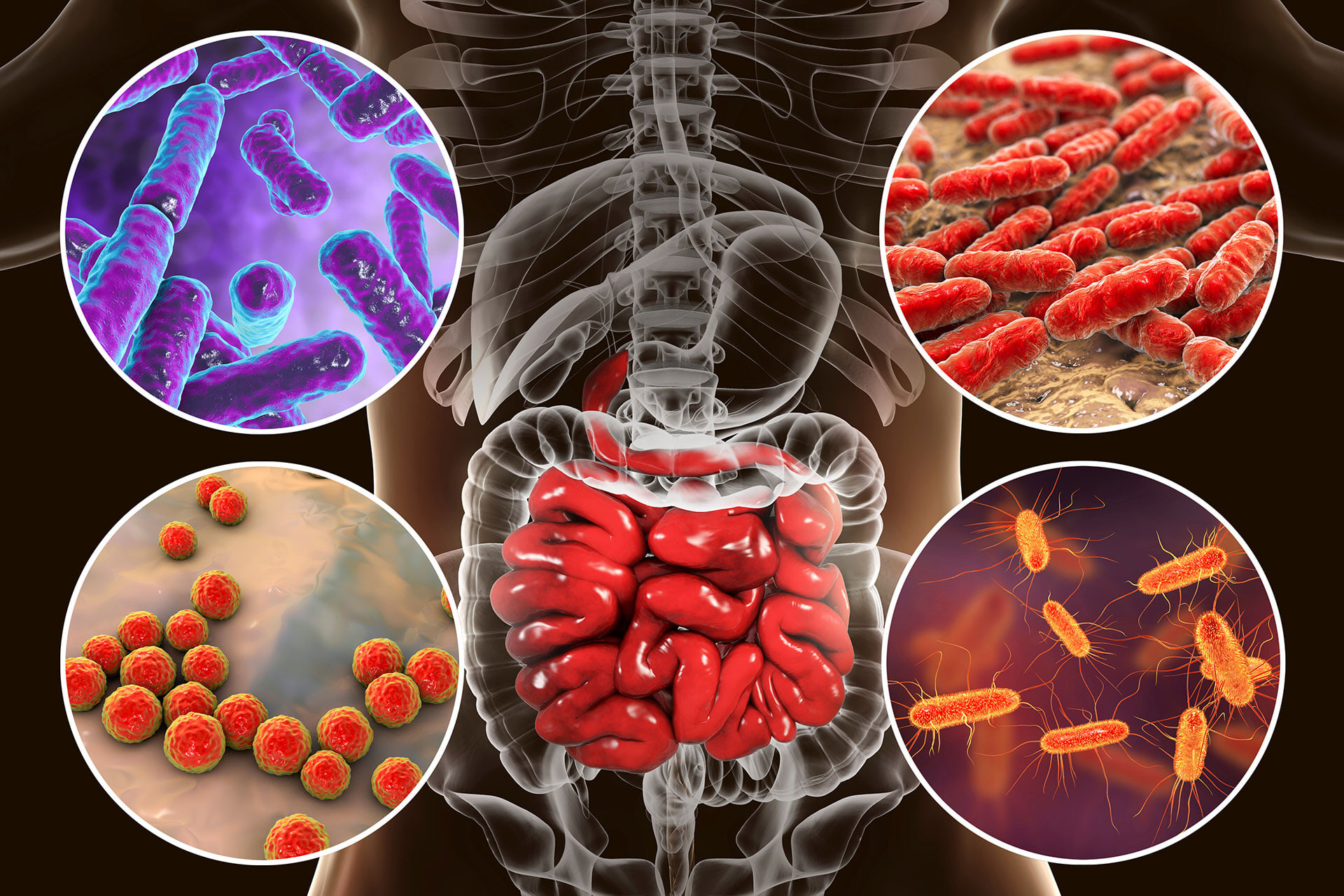
BGSU faculty and students studying children's gut health and its effects on food allergies
Estimated Reading Time:
Dr. Wan Shen points to growing evidence that gut microbiome could impact a person's susceptibility or resistance to food allergies
By Branden Ferguson
A Bowling Green State University researcher is studying the relationship between the development of food allergies and gut health among the pediatric population in partnership with ProMedica Physicians Allergy and Immunology clinic in Perrysburg.
Dr. Wan Shen, an assistant professor of food and nutrition, is looking to change how people view food allergies through the study, which is being funded by a grant from the Academy of Nutrition and Dietetics, the world's largest organization of nutrition and dietetics practitioners.
"Often viewed as being out of a person's control, people with food allergies may feel there is nothing they can do after their diagnosis," Shen said. "However, growing evidence shows that gut microbiome may impact a person's susceptibility to food allergies."
With one in 13 children affected by food allergies, including milk, eggs, peanuts and more, Shen directed her research toward helping provide relief for children and their parents.
In collaboration with the ProMedica Allergy and Immunology clinic, Shen and BGSU students are working with children between birth and 6 years old.
"We are working with parents to complete 24-hour dietary recalls to track what food and beverages are consumed," Shen said. "We are also conducting tests to gather data on the child's gut health."
Receiving grant funding through the Academy of Nutrition and Dietetics, Shen said preliminary results have shown a connection between a child's gut health and food allergies.
"As you grow, your microbiome (gut health) begins to diversify, containing various microbial species," Shen said. "We have found that diet impacts gut microbiome, which means that through diet intervention, we may be able to change the population of bacteria in a child's gut, thereby mitigating food allergies."

Shen pointed to the importance of ultra-processed foods that can trigger inflammation in the gut, suggesting that inflammation may destroy the existing microbiome and change the species of bacteria in the gut.
"A child's diet not only affects their energy and weight, but it can change their overall lifestyle, including food allergies," Shen said.
Currently working with more than 30 children, Shen hopes to expand her sample size to more than 80 to provide more accurate data. To help accommodate a growing research population, Shen relies on BGSU undergraduates and graduate assistants.
"This is a great opportunity for our students to not only learn how to conduct and present research but also help them develop problem-solving and communication skills," said Shen. "Students talk with parents, answer questions and conduct 24-hour dietary recall interviews, similar to what they will do in their future careers."
BGSU senior Ashley Kidd, of Monroe, Michigan, is currently on the team of students making calls and talking with parents. With a passion for pediatric nutrition and food allergies, Kidd was eager to join the research group. However, she admits that she didn't fully grasp the depth of the issue.
"As I continued collecting data, I saw firsthand how food allergies impact families and how essential research is in understanding dietary patterns and their effects," Kidd said. "This experience has strengthened my passion for helping children and families navigate dietary challenges and has inspired me to continue research as part of my graduate studies."
Following graduation this spring, Kidd has been accepted into the on-site dietetic internship program and graduate school at BGSU. She hopes to continue exploring the link between gut health and allergies, as research findings could lead to groundbreaking discoveries in allergy management and prevention.
As more children join the study, Shen hopes the research will provide parents with answers and help educate those struggling with food allergies.
"One of the biggest barriers for parents is the reintroduction of food allergens to their children," said Shen. "If we can help those families make a connection between gut bacteria and types of food allergies, we can help change their lives."
Related Stories
Media Contact | Michael Bratton | mbratto@bgsu.edu | 419-372-6349
Updated: 07/21/2025 03:30PM




